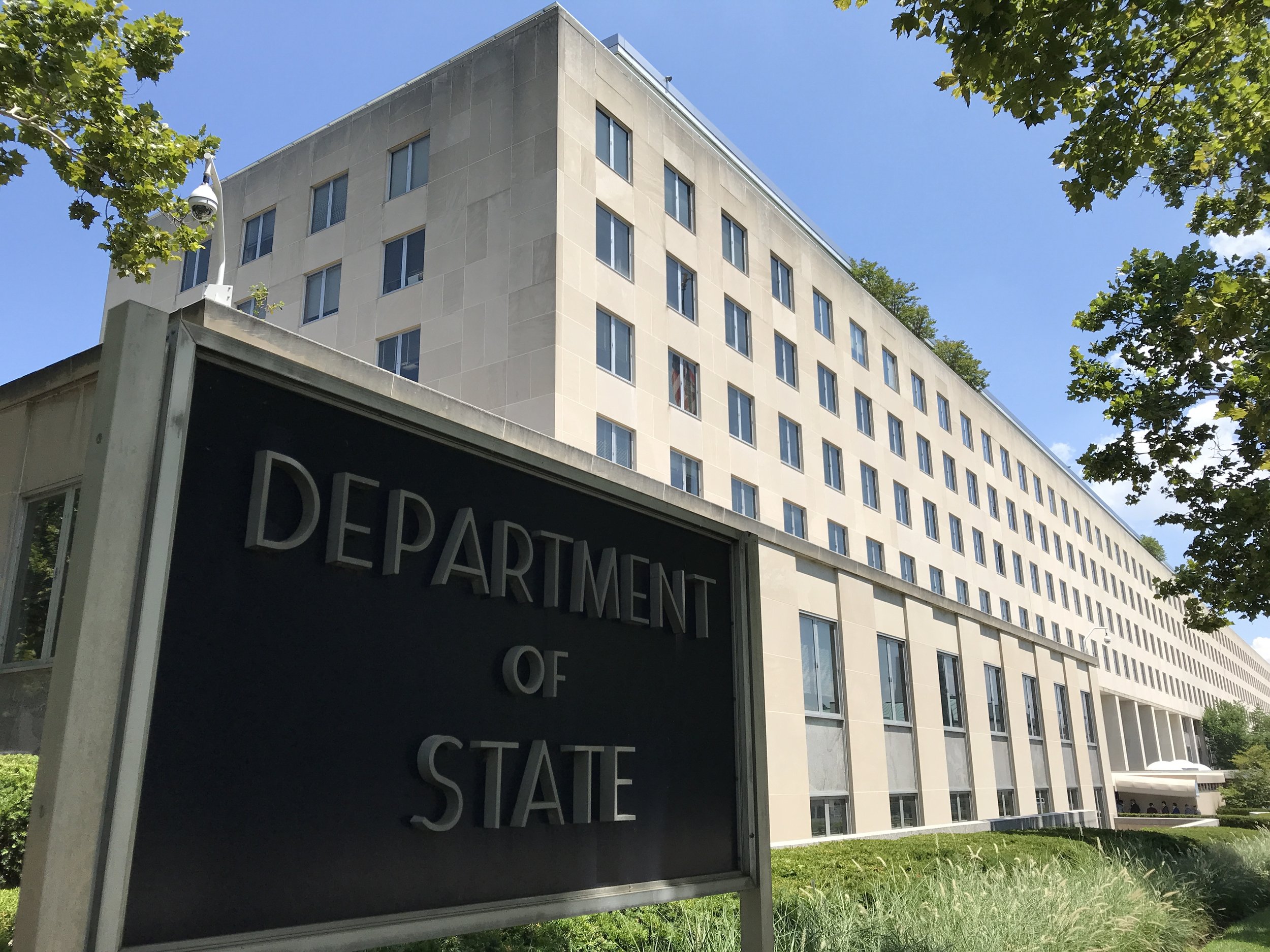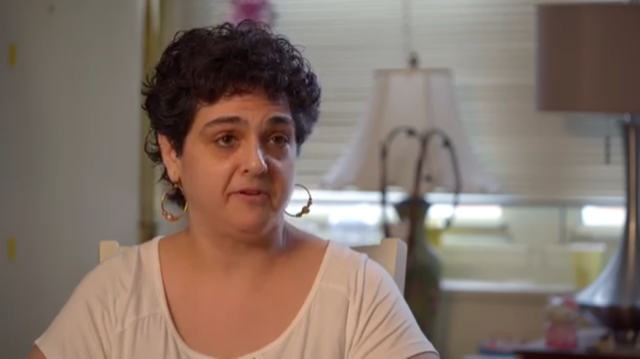Fighting for a Lifeline
Robert McCreanor
Executive Director
Rhode Island Center for Justice
Keeping the lights on for Rhode Island’s most vulnerable residents
“The last time I was shut off, I panicked,” says Penny Medeiros, who has a condition that requires 24-hour electric powered oxygen. “I tried to pay what I could and got help from charities to pay National Grid, but they wanted more and then they shut me off. I had to use my emergency supply of battery-powered oxygen and was getting ready for the ambulance. Then Senator Reed’s office called them and I got my service back on.”
National Grid is again seeking to terminate Penny’s electric service and the Rhode Island Division of Public Utilities and Carriers has authorized shut off in spite of the fact that Rhode Island law restricts termination of utility services for nonpayment of arrears when one or more household member is seriously ill or disabled.
That’s why the Rhode Island Center for Justice has filed a lawsuit in State Superior Court on behalf of seriously ill and disabled consumers, like Penny, whose electric and gas utility services have been shut off. The lawsuit, requesting class action status, seeks to stop utility shut-off practices of National Grid and the Rhode Island Division of Public Utilities and Carriers that violate state and federal law.
The named plaintiffs, including Penny, suffer from severe medical conditions including chronic respiratory failure, which requires electric powered oxygen machines. They asked National Grid to take their medical conditions into consideration when setting up a payment plan for their back bills, as required by law. When National Grid sent shut-off notices without making the required legal determination, these consumers looked to the State regulator of public utilities for protection but were repeatedly denied. Some required emergency medical treatment and hospitalization after their electric and gas services were shut off.
The lawsuit details National Grid’s failure to follow the rules and the Division’s routine approval of utility termination regardless of threats to health and safety. These illegal practices affect more than three thousand consumer households in Rhode Island.
Since May, 2015 the Center for Justice has provided free legal assistance to hundreds of low-income, medically vulnerable utility consumers. We work in collaboration with the George Wiley Center, a statewide non-profit community organizing and advocacy group. For decades, the George Wiley Center has led efforts to make utility costs more affordable for all Rhode Islanders and increase protections from shut off for the most vulnerable. “Every year we hear from thousands of Rhode Island residents who make tough choices between paying their utility bills and putting food on the table,” says George Wiley Center lead organizer, Camilo Viveiros.
Through this lawsuit, the Center for Justice and the George Wiley Center have already obtained important relief for medically vulnerable utility consumers. Over several days of hearings in Rhode Island State Superior Court, Center for Justice attorneys and co-counsel Lynette Labinger successfully argued in support of expansion of a temporary restraining order preventing utility shut off and requiring restoration of utility services for households suffering from serious illnesses and disabilities. Due to the Center for Justice’s legal advocacy and the tireless work of our community partners, National Grid has agreed to immediately restore utility service to these households.
To hear more about this issue directly from the Plaintiffs and other affected individuals, please click here to view a short video produced by Brown University students.
Postscript:
On April 26, Rhode Island Center for Justice won a victory in the litigation supported by the Impact Fund. The Court entered a Consent Order resolving the claims against National Grid. The Consent Order sets forth a comprehensive overhaul of National Grid's customer service, debt collection, and termination practices affecting seriously ill and disabled utility consumers in Rhode Island. A copy of the Consent Order is attached here.









